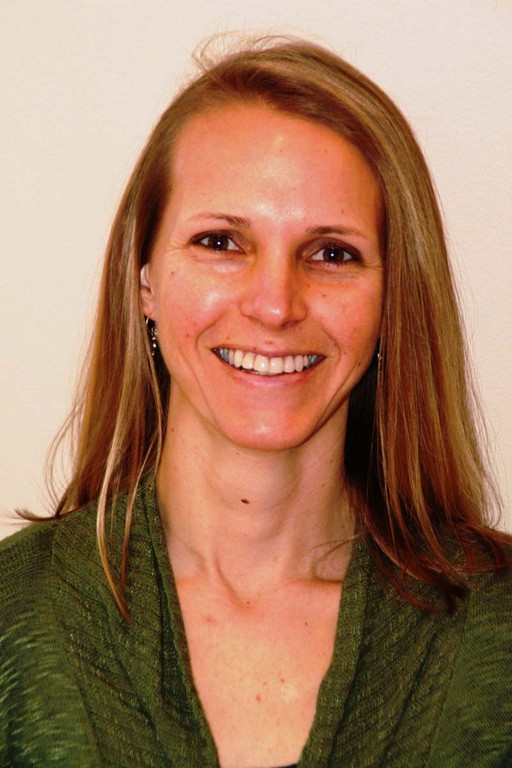
Public concern about the quantity of plastic packaging thrown away in the United States has been growing for years. In Rhode Island, plastic shopping bags have become the most recent packaging flashpoint, with a bag ban recently approved in Barrington and a proposal in the General Assembly for a statewide ban. Environmental Packaging International in Jamestown has carved out a consulting niche tracking different packaging rules and advising firms around the world how to comply with them. Firm Project Manager Lauren Melucci specializes in plastic-shopping-bag rules and discusses where Rhode Island’s fits in nationally and internationally.
PBN: A number of municipalities have banned plastic shopping bags at checkout, but have any states passed something similar?
MELUCCI: No, not yet. The only plastic-bag-related laws are only to require stores of a certain size to put in recycling receptacles. Just a few states have passed those – Rhode Island, New York, California. But to the particular bill that Rhode Island is looking at now to ban bags, no state has passed such a ban yet.
PBN: Has anyone gotten close?
MELUCCI: There have been many proposals in New York, New Jersey, California, Connecticut and Hawaii, but in light of them not moving forward, it has forced the municipalities to move forward with their own measures. For example, in Hawaii, there are four counties in the state and each one has passed their own version of a bag ban. So in Hawaii, even though there isn’t a statewide ban, there is a de-facto ban. In California there are a lot of communities taking it into their own hands.
PBN: Who are Environmental Packaging International clients and what does the firm do for them?
PBN: What do you tell your retailer clients is the best way to deal with bag bans?
MELUCCI: We provide a summary of the activity and what the bills are calling for. I think by letting them know what the activity is and what the requirements are, it allows them to stay abreast and get prepared early. What we found is that since these local proposals vary from one region to the next, or one town to the next, often a one-size-fits-all approach is not going to work. By just eliminating all plastic bags from your inventory, it may not be the best for a company because it is looking at each one.
PBN: In addition to keeping clients informed of what the latest regulations are, do you ever suggest strategies for becoming more environmentally friendly or getting out ahead of public sentiment? PBN: How does the Rhode Island bag proposal compare to proposals elsewhere? PBN: What do you see five or 10 years out in retail? Will there be plastic bags? PBN: What do you think would be the most effective way to deal with the waste created by shopping bags?
MELUCCI: Not so much. We have been providing them what the details of the requirements are and any exemptions locally. What we found is that what these companies are doing is going one-by-one, jurisdiction-by-jurisdiction. They are not doing a lot of corporate-wide change yet. Maybe they will at some point.
MELUCCI: One thing I found at the municipal level is the proposals are starting to have similar definitions of things, such as what qualifies as recycled paper bag and what is a reusable bag. In the Rhode Island bill, which has similarities to other proposals, it bans plastic bags, but allows paper bags or reusable bags if the consumers pay for them. Recycled paper has to be 40 percent recycled content and no old-growth material. In some places in California they are allowing for compostable plastic, while the Rhode Island bill is not allowing that.
MELUCCI: We have so many municipal bag bans in place, at least 100, I wonder if the trend is going to continue and wonder how confusing it will be to comply with it. I think there is a big opposition from the Save The Plastic Bag coalition and there is fear in California communities of being sued by them. I don’t know how it will go from state level, but it is trending that way for states to deal with it instead of a patchwork.
MELUCCI: I may get into trouble if I make those recommendations. I have read a lot of things that recycling plastic bags is never going to get you there. As many bags as you put in there, many will float away because they are lightweight. … Maybe it is OK to have some plastic bags out there as long as they are taken care of properly. I don’t know if banning them is always the right option. •INTERVIEW
Lauren Melucci
Position: Project manager, Environmental Packaging International
Background: Melucci grew up in Jamestown, where Environmental Packaging International was founded in 1989. After earning her master’s degree, Melucci worked in adult education at the International Institute of Rhode Island before being hired by Environmental Packaging in 2005.
Education: B.A. in modern foreign languages and literatures from James Madison University in 1998; master’s in education from the University of Pennsylvania in 2002
First Job: Babysitting
Residence: Jamestown
Age: 36











